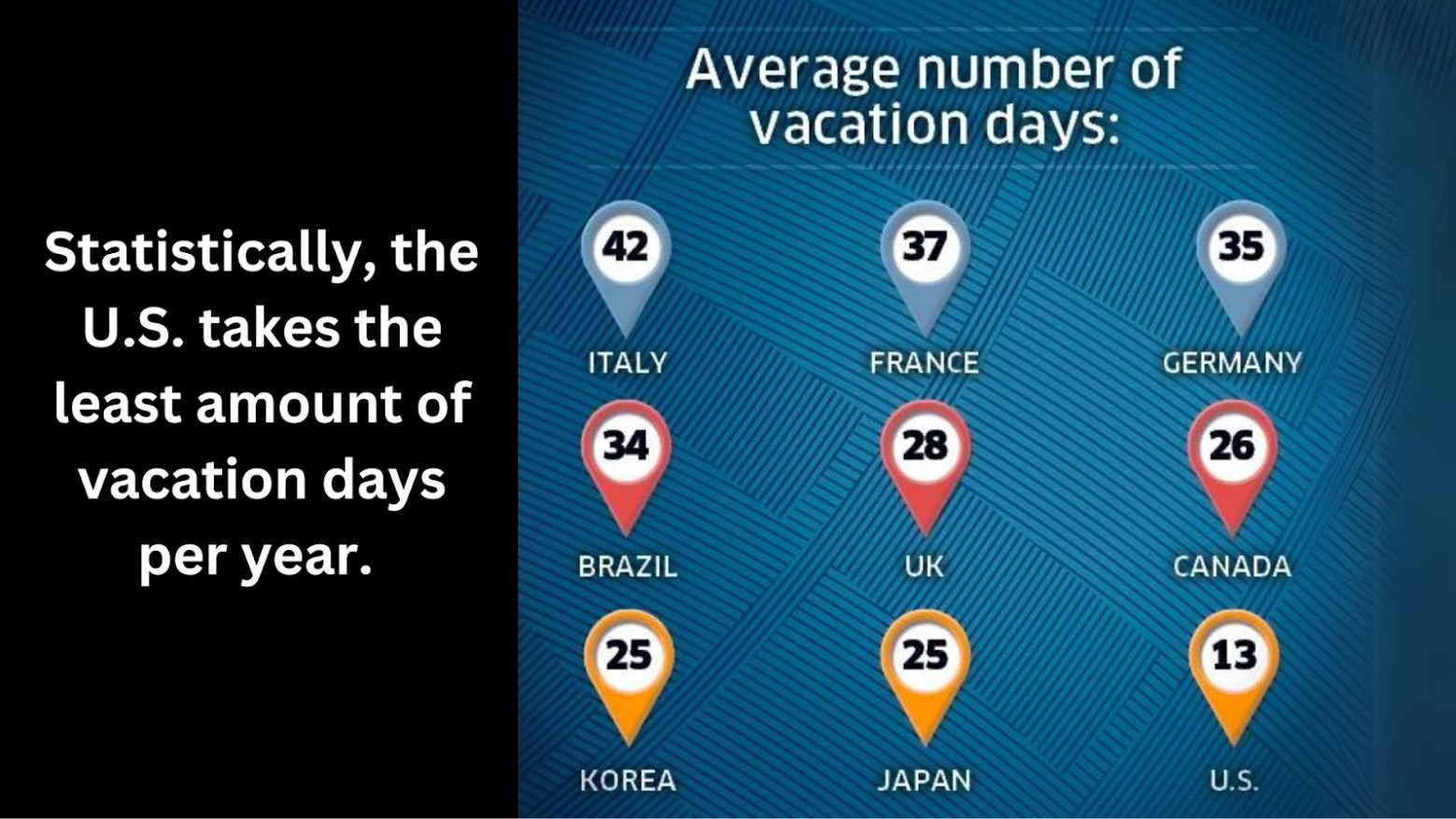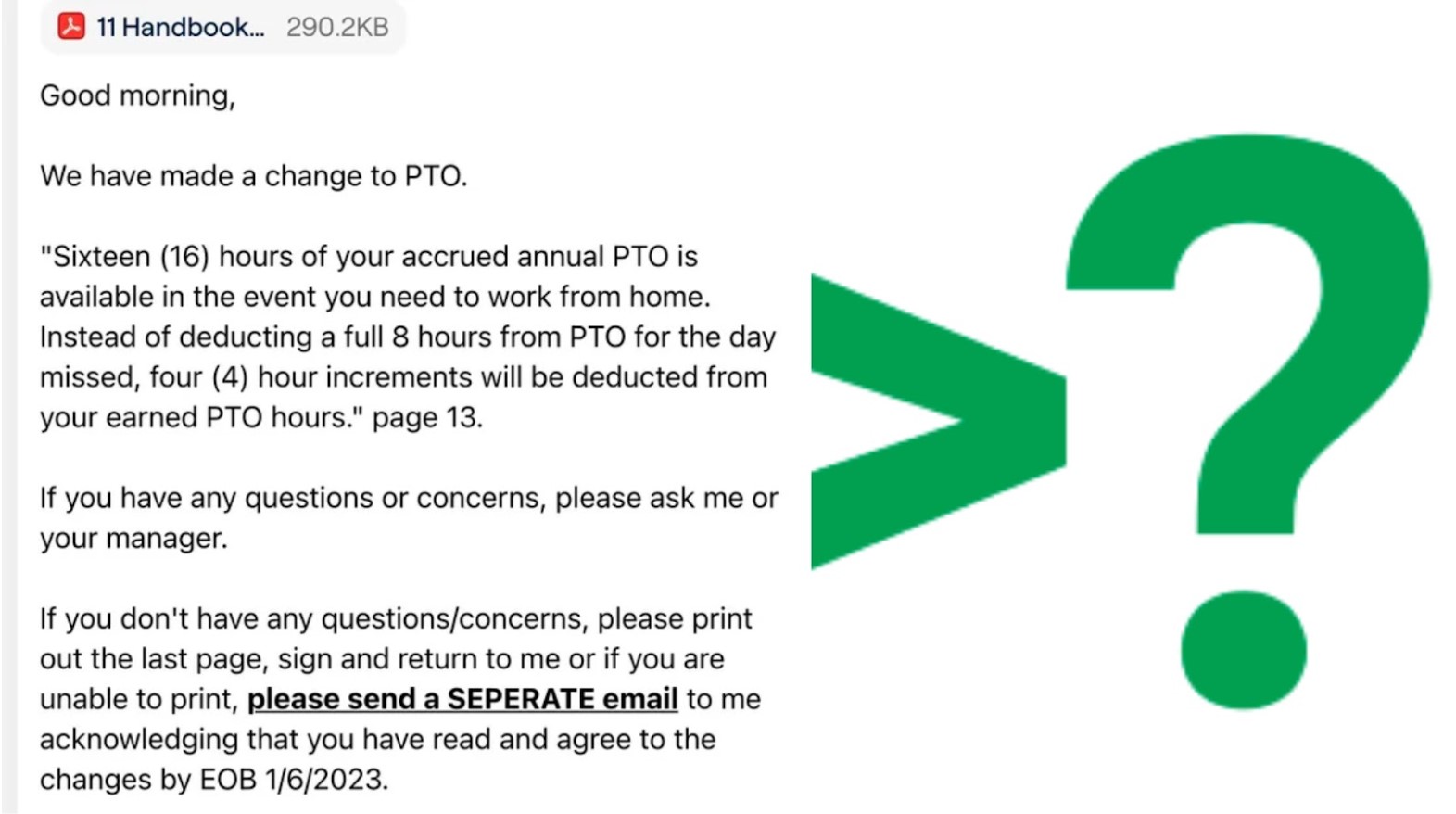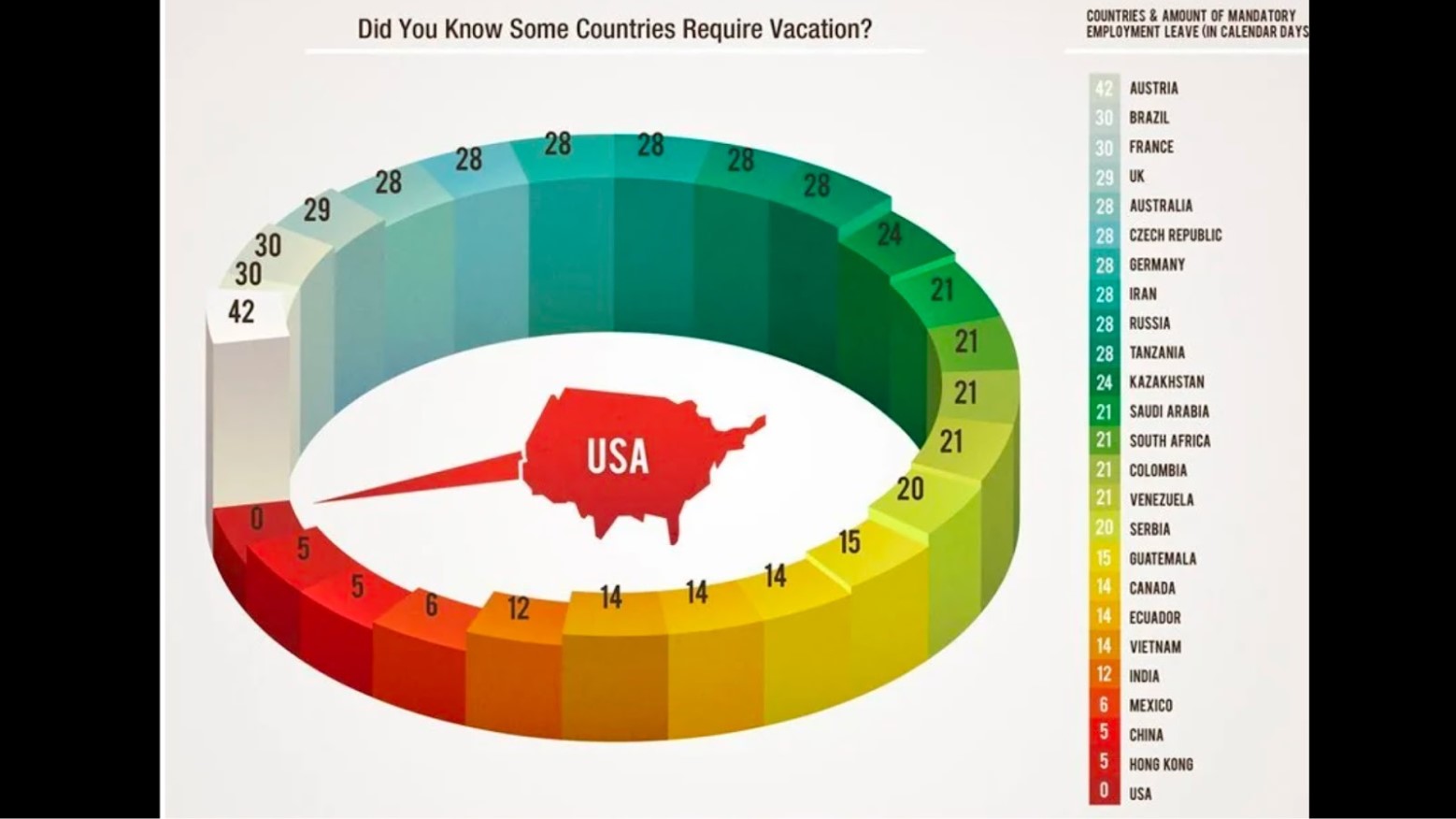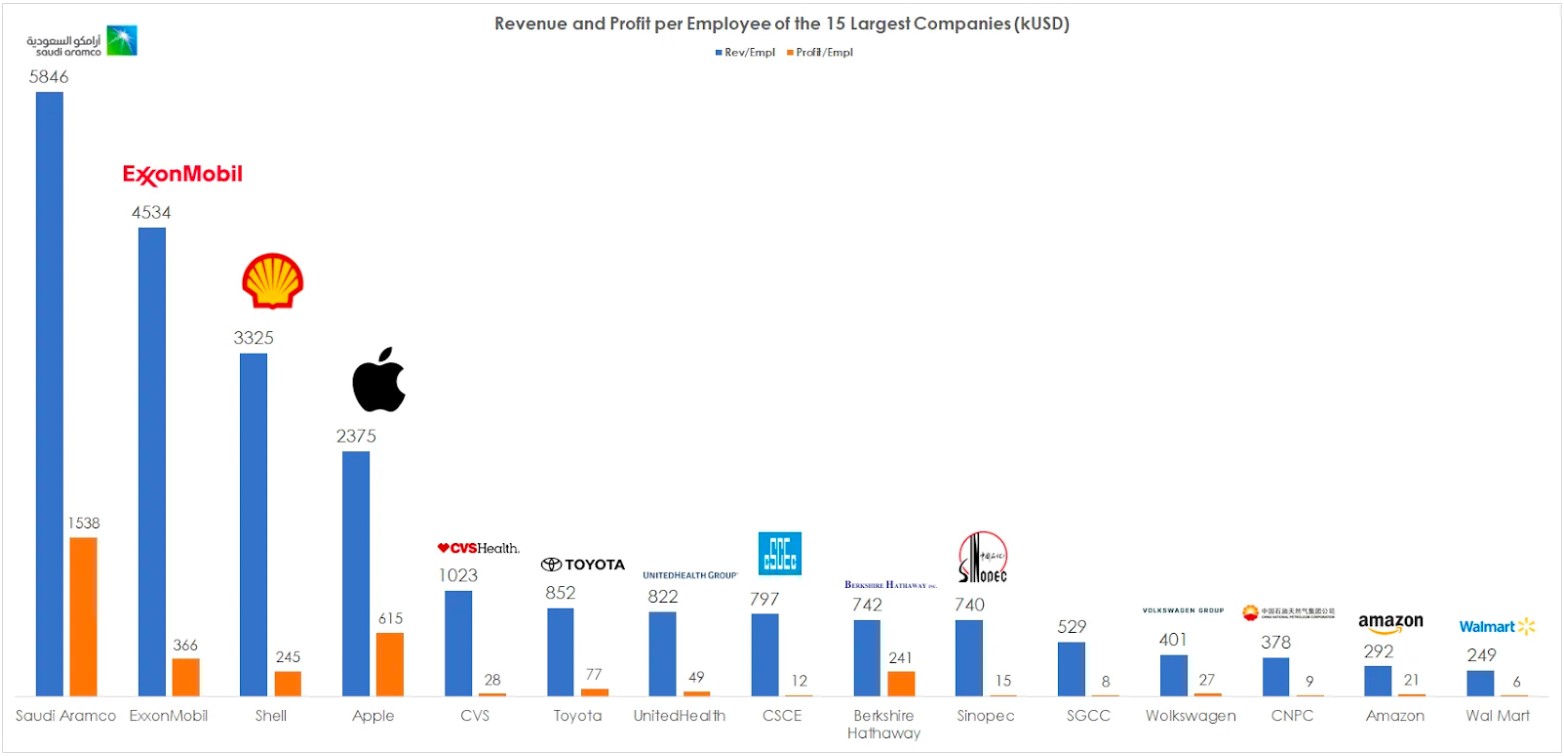Despite how enviable paid time off has become as a benefit type, contracts that offer unlimited paid time off (PTO) may actually offer more benefits to employers than employees.
Here’s what you need to know about how unlimited PTO works, and possible pros and cons to the benefit itself.
How Popular Is PTO (And Unlimited PTO), Really?

Paid time off is an incredibly popular benefit with employees. About 72% of employees had access to PTO in 2022, per Clockify via cited info from the Bureau of Labor and Statistics.
Additional data found that employees with unlimited PTO as a perk took about 12-13 days off on average.
Is Unlimited PTO Truly Unlimited?

The specific terms of employee time off policies are outlined in your company’s specific policy guide or employee handbook. However, in many cases, unlimited PTO isn’t really unlimited.
Generally speaking, unlimited PTO simply means that there isn’t a documented “cap” of days off that you take. However, some companies may still have an unwritten gap that they try to adhere to.
Unlimited PTO vs. PTO: What Is the Difference?

The process of using unlimited PTO and traditional PTO is usually the same. Team members may still be asked to request time using a formal, documented process. Their time off may also be tracked.
Many may reserve the right to deny your request per company policy, especially in extenuating circumstances.
The Silent Struggles of Unlimited PTO

Unlimited PTO can lead to a lot of silent struggles in the team, especially in high-performing offices that have high expectations of their team members.
For example: Team members may feel that they can’t take time away if other people aren’t, succumbing to peer pressure and fear of judgment from office mates.
Why Does it Matter if Time Isn’t Being Taken?

This fear of judgment could be saving employer costs and costing employees’ mental health, especially as several studies find that those with the unlimited PTO perk take less time overall.
This fact, on top of data that suggests that over half of Americans didn’t use all of their paid time off in 2022, suggests that employers continue to profit while employees take less time.
Check Your State Law: You Could Lose More Money When You Quit

Leaving your job could cost you more than you think if you have unlimited PTO as a perk. Employers are typically required to pay team members for unused vacation time, whether they’re fired or quit.
Some states require this to occur, and some businesses agree to do it independently of state law in their employee agreement.
Unlimited PTO Changes the Game, Saving Companies Millions

With the unlimited PTO perk in place, employers are no longer obligated to pay for time that isn’t taken by the employee.
While this may seem negligible at first, it can impact you if you choose to quit your job or if you’re laid off or fired.
But How Does Unlimited PTO Really Save Companies Anything?

The process of paying out an employee’s unused vacation days requires a company to record the payout as a liability on its balance sheet. This cost can accrue over time.
Unlimited PTO releases companies of the mandated payouts, which means that they do not have to assume the associated costs of liabilities — potentially walking away with millions of dollars saved.
It’s Not All Bad: Weighing Your Options

Unlimited PTO can still be incredibly helpful depending on your unique situation. If you’ve been offered a job that includes unlimited PTO as a perk, you may consider conducting a cost-benefit analysis to assess how you’ll be supported.
For example: If you’re confident in company culture and commit to taking advantage of the perk when you need it, it can be incredibly useful.
It’s All About the Questions

If you’re still not sure about taking a job with unlimited PTO as a perk, you may feel more confident after speaking to your employer or recruiter.
You might consider asking how much time other team members take on average, and any unspoken caps that they’d like you to try to adhere to. You may also ask questions about the submission process.
You Don’t Have to Save Up for Your Annual Vacation

Don’t feel pressured to save all of your unlimited PTO for a single, long vacation throughout the year. You may find that you benefit from staggered “off” days to rest and recharge.
Research suggests that slowing down during the work week can increase concentration, efficiency, and creativity — which are all things that your job will appreciate upon your return.
